Rabbi Perry Nussbaum
A Toronto native, Rabbi Perry Nussbaum came to Jackson’s Beth Israel Congregation in 1954. He spoke out against segregation in his sermons, despite a congregation that largely remained silent. In 1961, Nussbaum was moved by the sacrifice of the young Freedom Riders, if not entirely in favor of their methods. Since about a third of the Riders were Jewish, he tried to organize the state’s rabbis to visit them at Parchman, but none agreed. So each week he drove north to Sunflower County to deliver personal items and cigarettes, and he led a short worship service. In 1964, he organized the Committee of Concern, which raised money to rebuild Black churches. As a result of his activism, Rabbi Nussbaum’s temple and home were bombed.

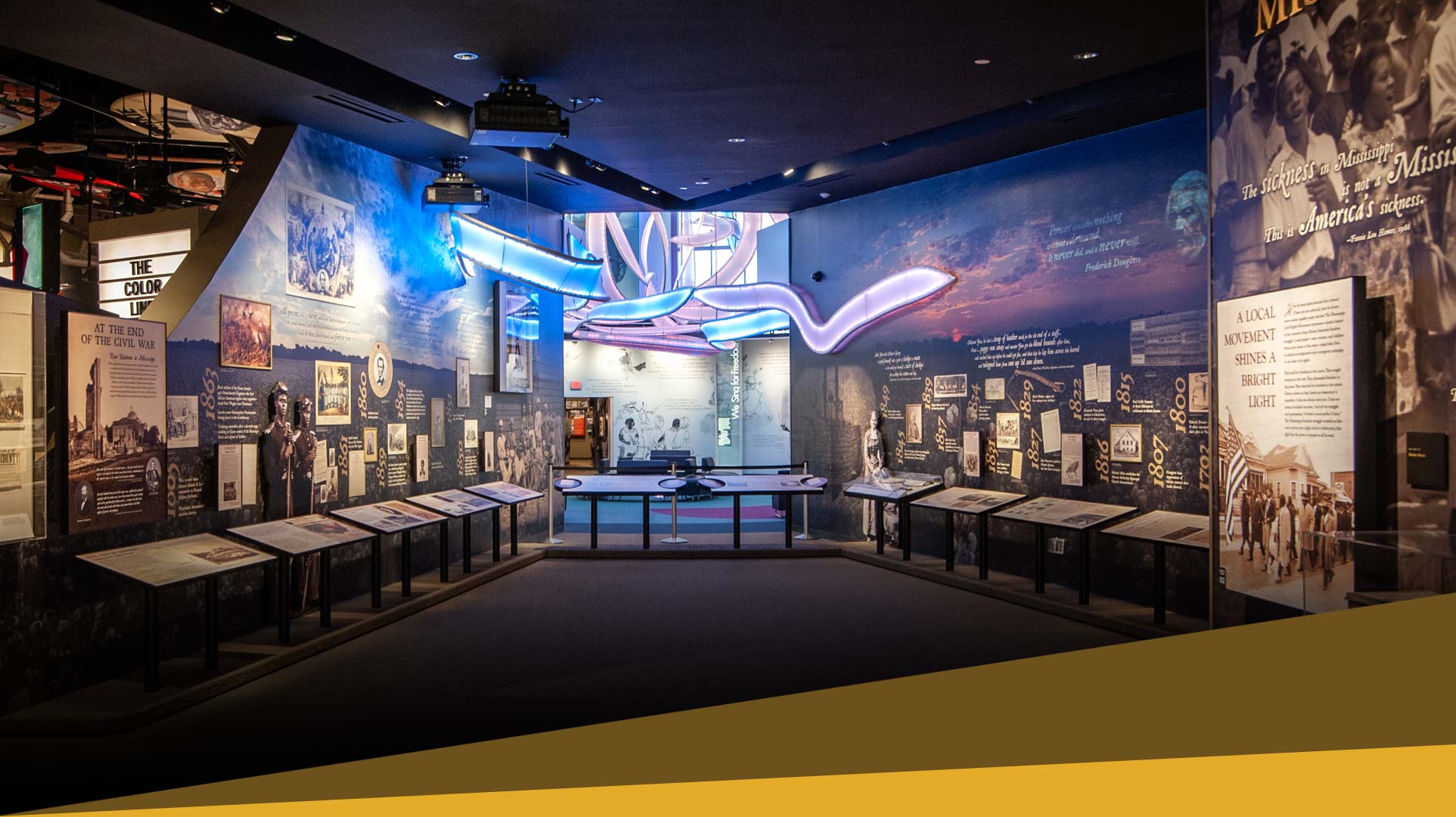
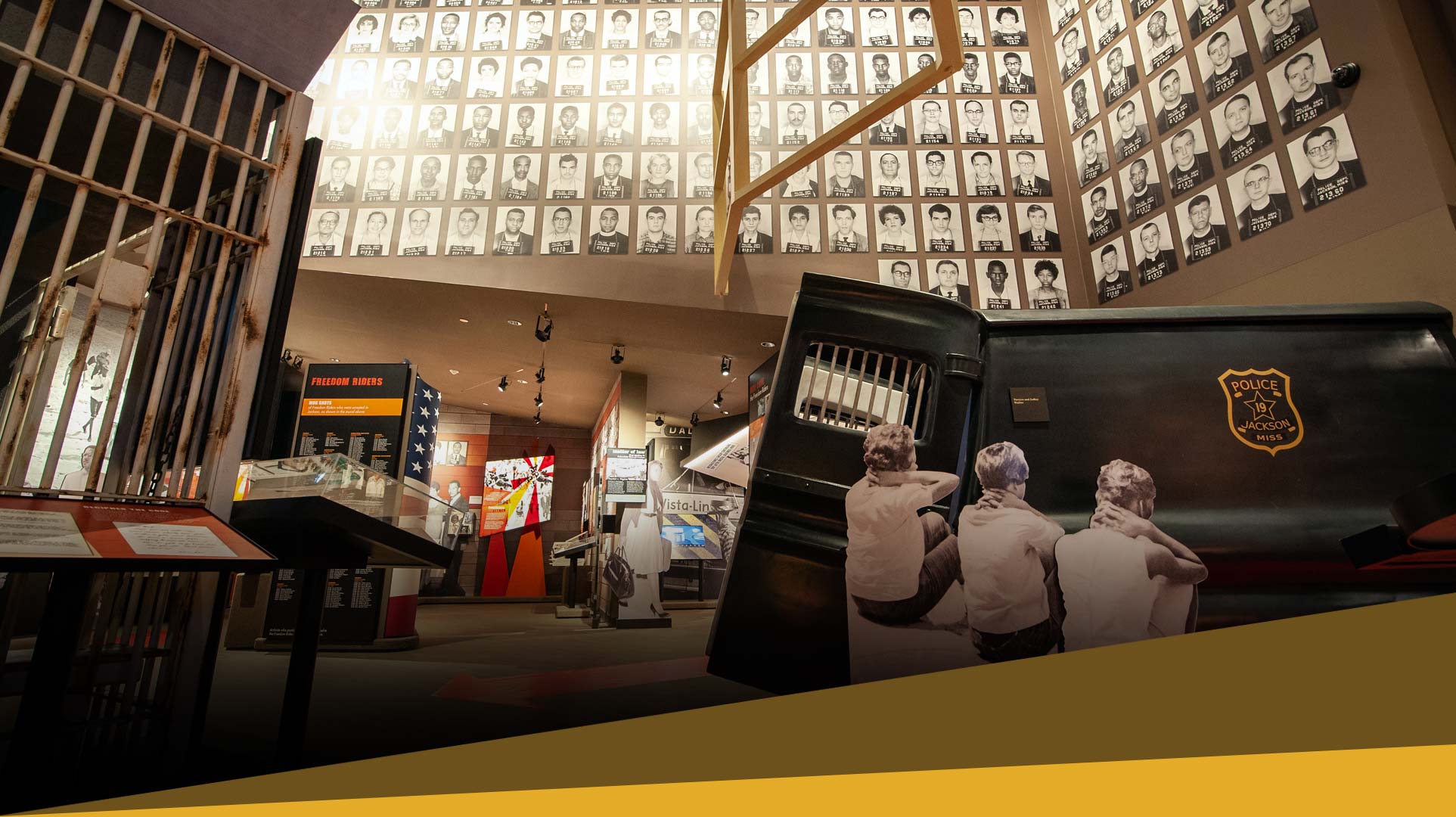
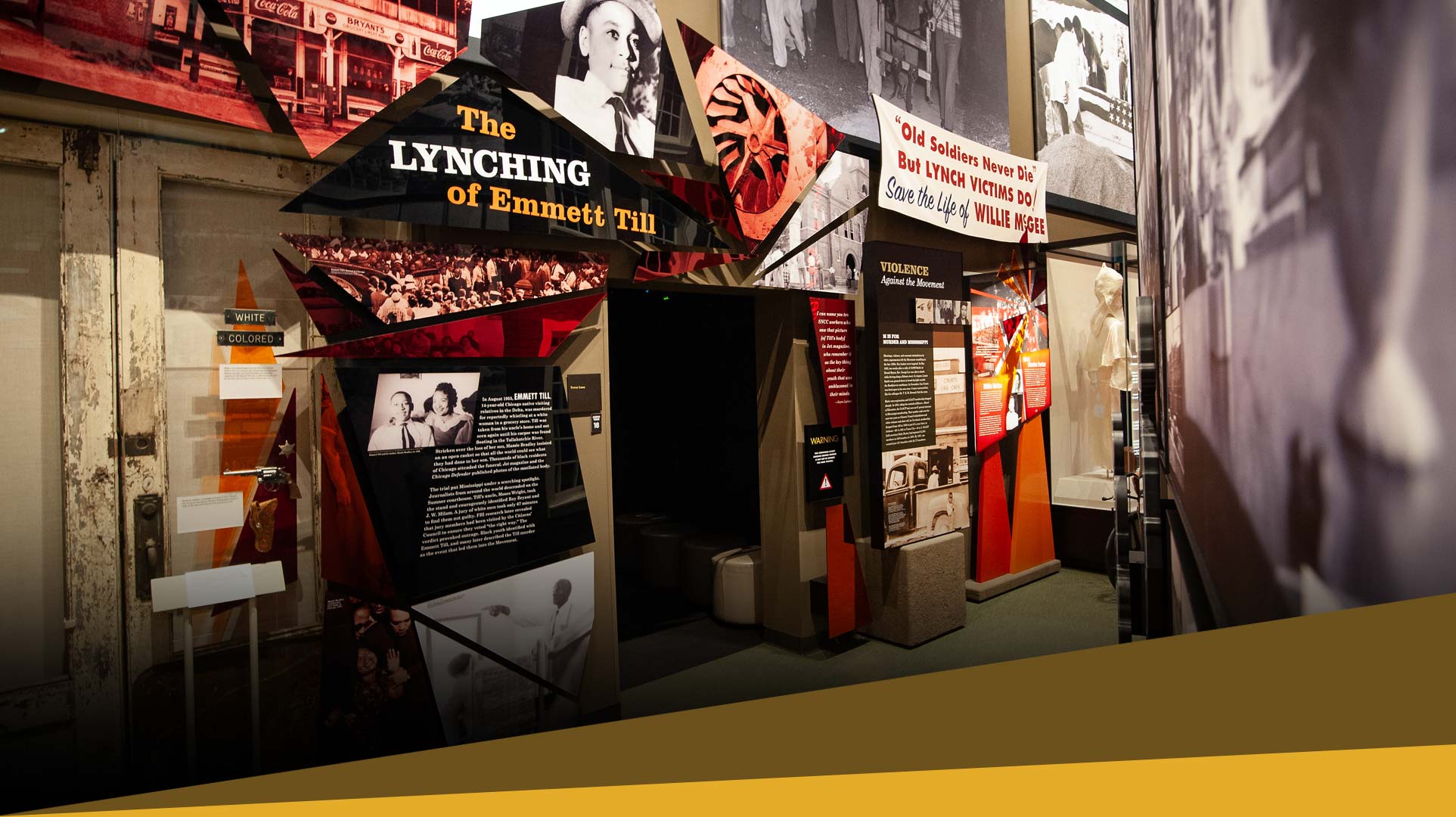
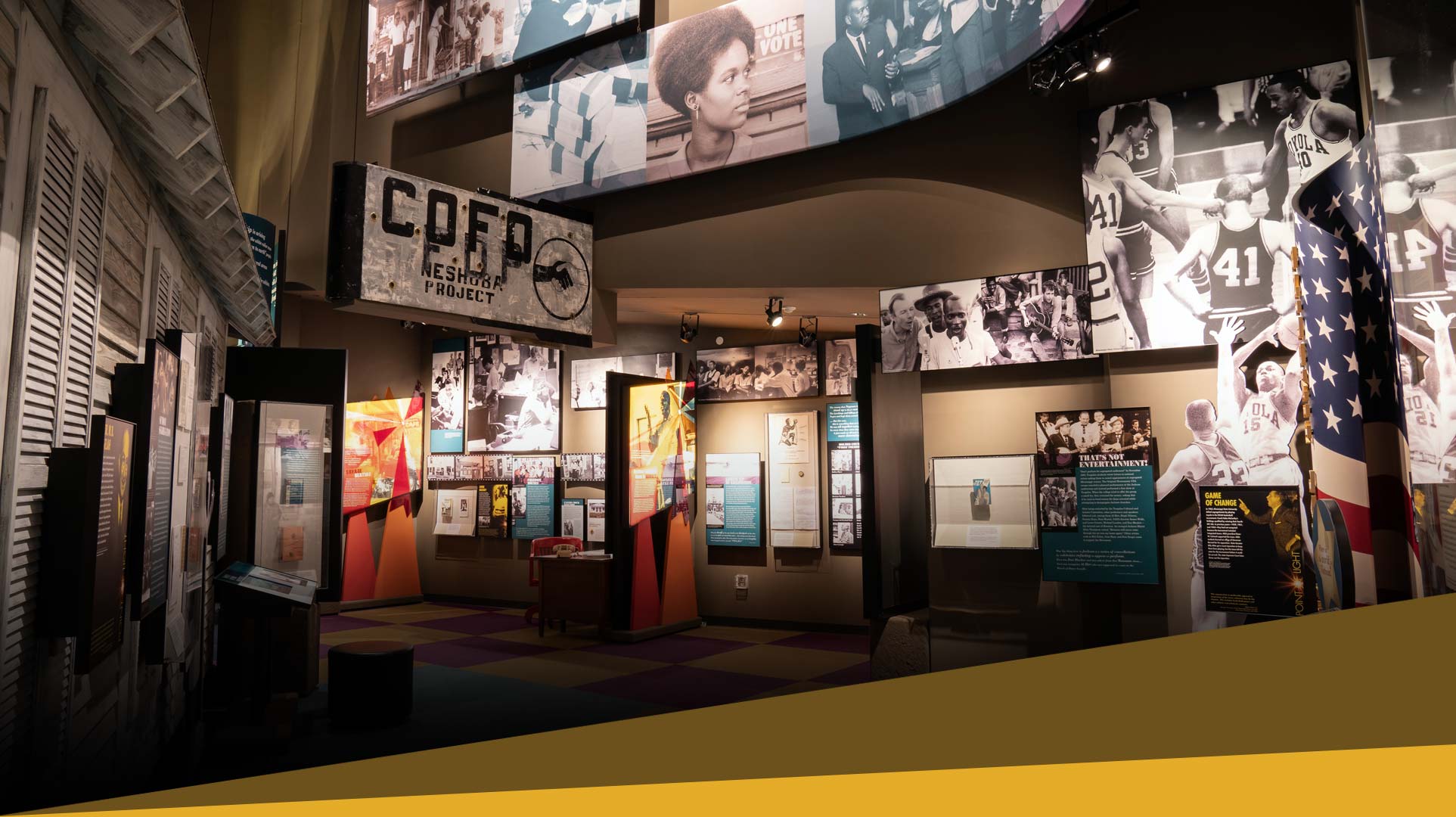


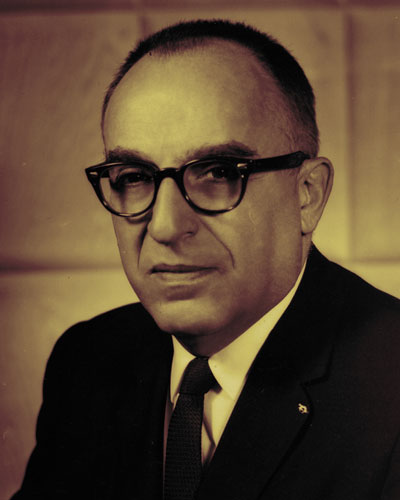
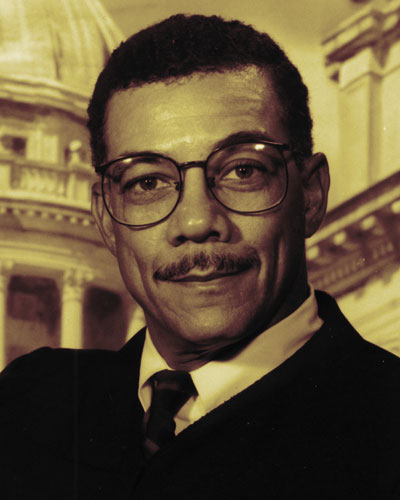
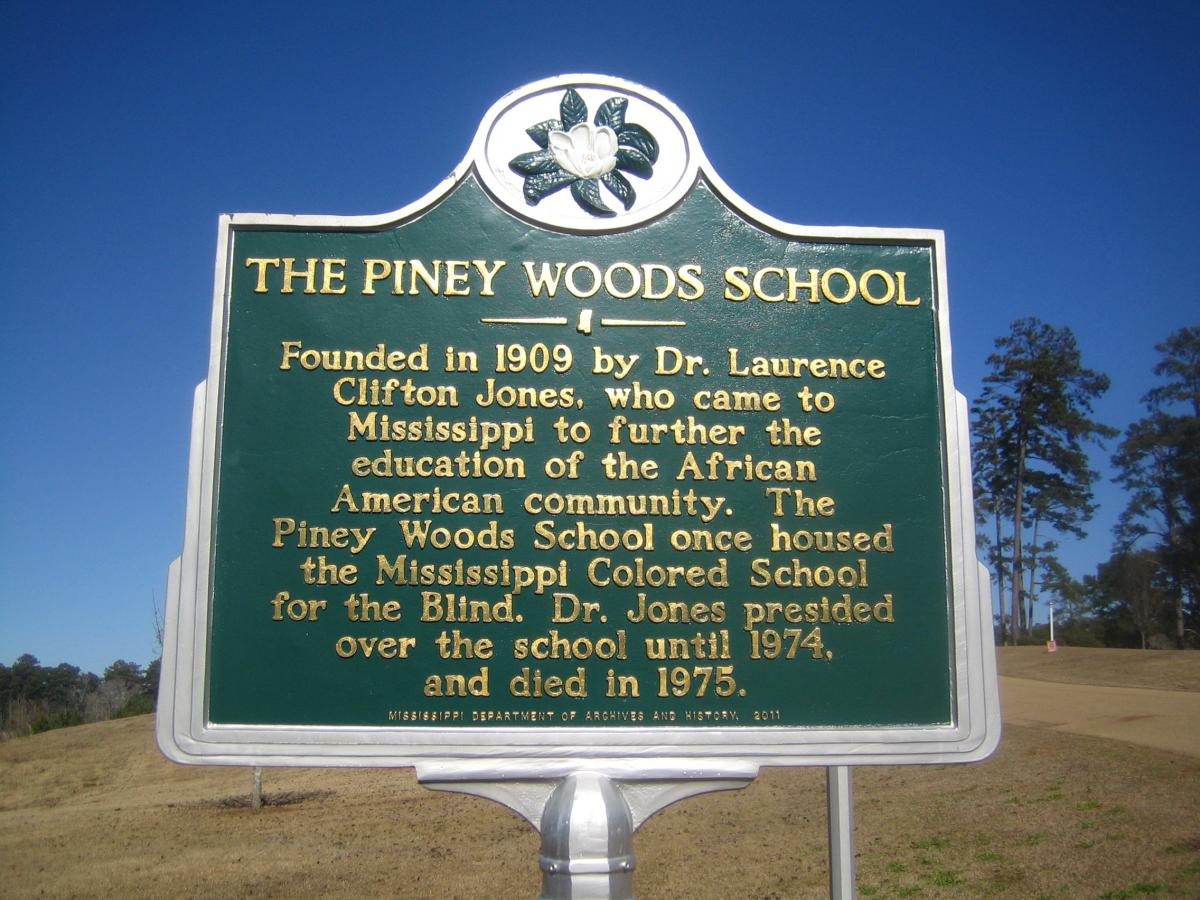 Founded by Laurence C. Jones in 1909, it is the largest, independent African American boarding school in the United States.
Founded by Laurence C. Jones in 1909, it is the largest, independent African American boarding school in the United States.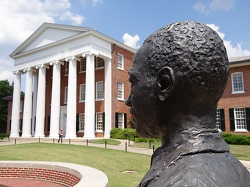 Honors James Meredith and all those who fought for equal educational opportunities
Honors James Meredith and all those who fought for equal educational opportunities












